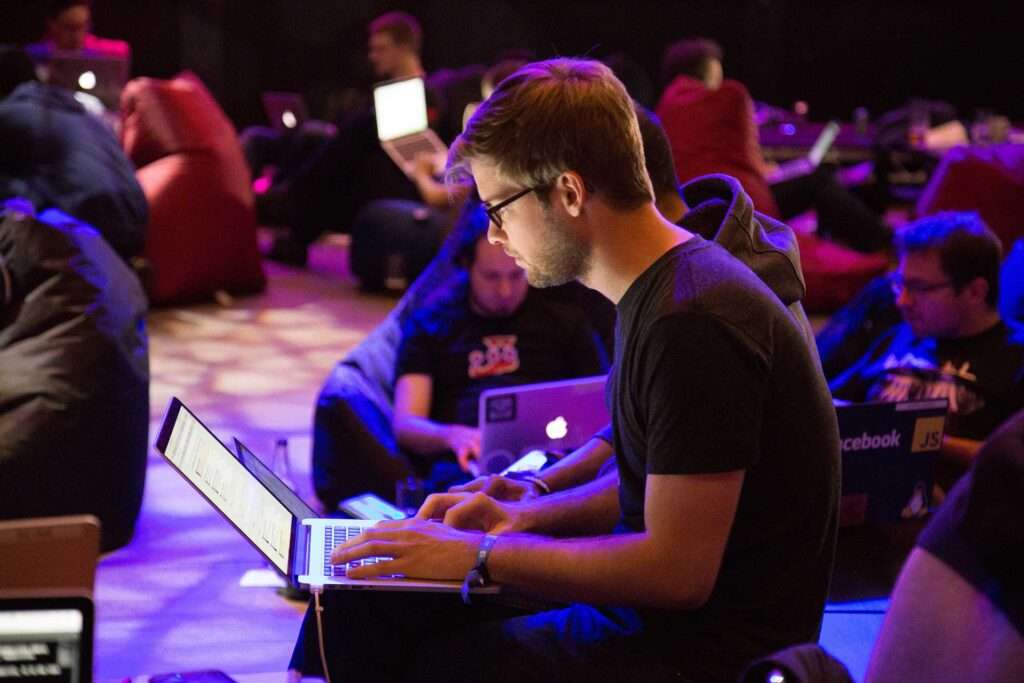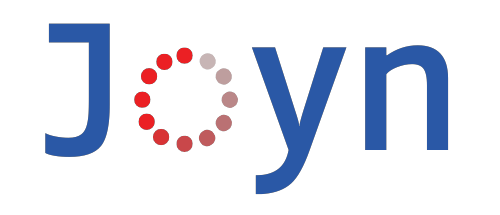Staff Augmentation
The COVID-19 pandemic has caused drastic shifts in many areas of life, and the corporate world has been no exception. Over the past two to three years, there has been a noticeable increase in the utilization of technology to streamline organizational operations. Where online meetings were once discouraged, they are now the norm, and remote working, while previously not widely accepted, has now become a commonplace feature of the corporate culture.
The utilization of offshore outsourcing for non-critical operations has been increasing rapidly, leading to a significant expansion in staff augmentation. However, as with any change, implementing staff augmentation comes with its own set of challenges.






Challenges
Cultural Issues – Cultural issues arise when potential candidates possess the necessary skills but are not hired due to a lack of compatibility with the organization's culture.
Communication Issues - Effective communication can present a challenge when striving to incorporate personnel from developing countries into teams based in more developed countries. Language and communication proficiency can serve as a hindrance in these circumstances
Time Overlap - Time overlap can be both a hindrance and an asset; when there is no overlap, coordination and communication can be difficult, resulting in a longer time frame for tasks. However, overlapping productive hours can be beneficial, as it allows teams to work around the clock.
Soft Skills - Soft skills, such as presentation and time management, are of great importance in the IT industry. Failure to meet the standards of these skills can impede the process of recruitment, and can also lead to issues for those that are hired. It is necessary for soft skills to be tailored to the customer's needs, which can be a lengthy process.
Tools - The high cost of standard tools in developing countries leads to most resources being allocated to open-source non-standard tools, leaving limited exposure to the tools used in the international market by organizations. Without expertise in these tools, hiring is consequently low.
Support Environment - Developing nations encounter distinct difficulties when attempting to work remotely. Issues such as having a designated workspace in the home, having a consistent internet connection, and the availability of commercial power all affect the ability to work remotely.
Solution
An effective approach is necessary to recruit the appropriate personnel, provide necessary training, and create a supportive environment which allows the resources to become part of the teams and make a positive contribution.
- To achieve this, pre-evaluation tools should be employed to measure soft skills, psychometric assessments, and domain knowledge. This will help to ensure an effective initial screening process.
- Specialized training can be provided at excellence centres through tailored crash courses to ensure that candidates are adequately prepared for their requirements. The training must be specifically adapted to the individual's needs.
- 24/7 access to a secure office environment with internet and commercial power availability.
- The provision of support in the form of wireless internet devices and home office furniture facilitates the creation of a dedicated workspace for remote working.
- Partnering with educational institutions in order to create a comprehensive training program consisting of various facets to satisfy the market's needs.
- Orientation courses on work culture and norms can be a beneficial option for those who possess strong technical abilities but lack familiarity with the global work culture.
As the digital space keeps growing there will be a high demand for off-shoring as well as staff augmentation to meet the demand. A lot of space exists for the developing world to grow with the change while working remotely. This all depends on how we get ourselves ready for the same.

